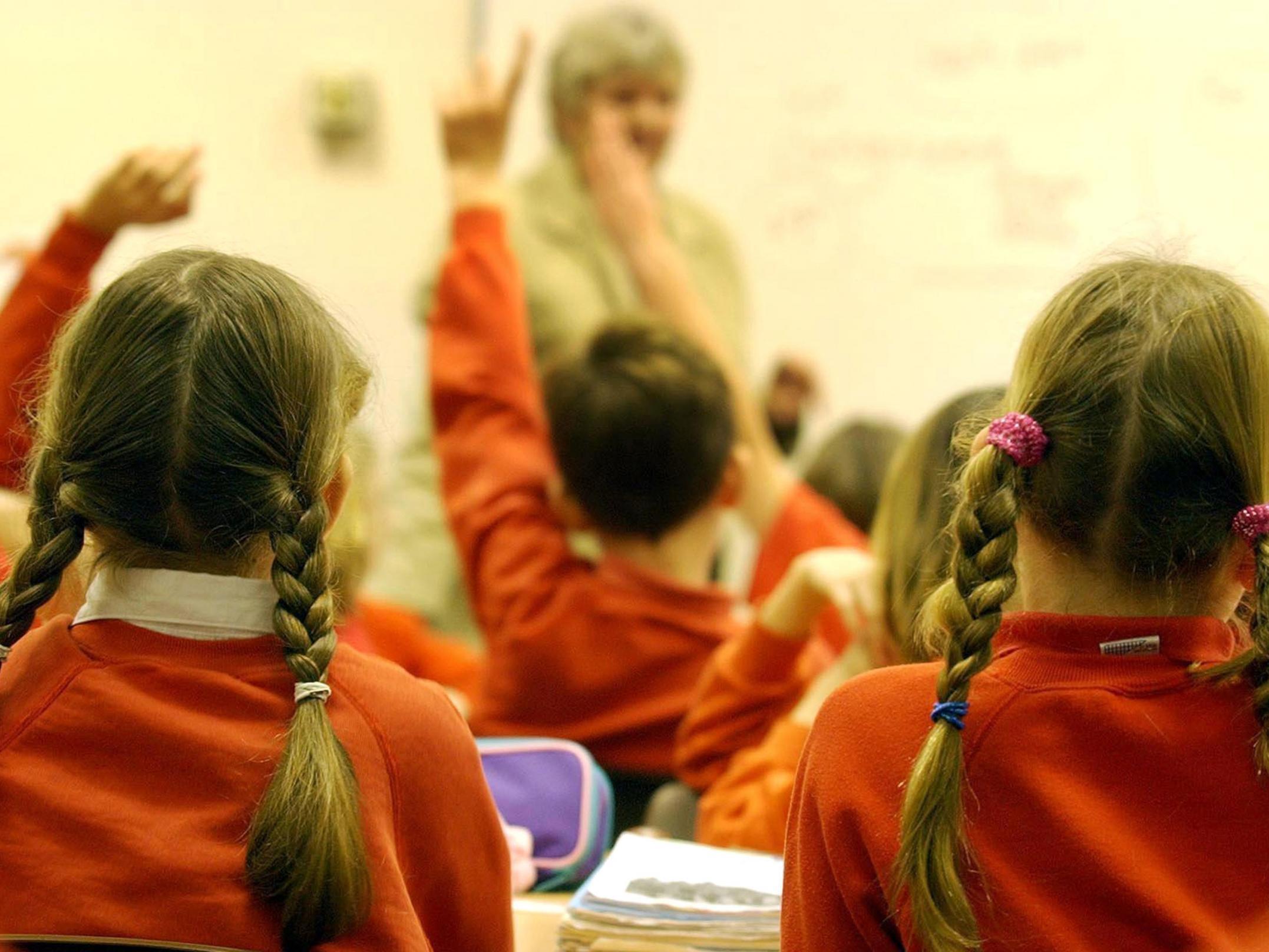Physical exercise during academic lessons can help boost test scores, study suggests
'Active classes help children learn more effectively,' researchers say

Your support helps us to tell the story
From reproductive rights to climate change to Big Tech, The Independent is on the ground when the story is developing. Whether it's investigating the financials of Elon Musk's pro-Trump PAC or producing our latest documentary, 'The A Word', which shines a light on the American women fighting for reproductive rights, we know how important it is to parse out the facts from the messaging.
At such a critical moment in US history, we need reporters on the ground. Your donation allows us to keep sending journalists to speak to both sides of the story.
The Independent is trusted by Americans across the entire political spectrum. And unlike many other quality news outlets, we choose not to lock Americans out of our reporting and analysis with paywalls. We believe quality journalism should be available to everyone, paid for by those who can afford it.
Your support makes all the difference.Students who take part in physical exercises - like star jumps or running on the spot - during academic lessons do better in tests than classmates who choose sedentary learning, research has shown.
Incorporating physical activity has a significant effect on pupils’ educational outcomes during the lesson and a smaller effect on overall educational outcomes, according to a University College London (UCL)-led study says.
Activities can include using movement to signify whether a fact is true or false in a lesson, or jumping on the spot a certain number of times to answer a maths question, the report finds.
The analysis of 42 studies around the world, which looked at data from 12,663 students aged between three and 14, found that pupils’ overall levels of physical activity were also increased.
It comes at a time when concerns about childhood obesity are in the spotlight.
Lead author Dr Emma Norris, from the UCL centre for behaviour change, said: “Physical activity is good for children’s health, and the biggest contributor of sedentary time in children’s lives is the seven or eight hours a day they spend in classrooms.
“Our study shows that physically active lessons are a useful addition to the curriculum. They can create a memorable learning experience, helping children to learn more effectively.”
In one of the studies analysed, primary school children in the Netherlands who took part in physically active lessons three times a week over two years made significantly better progress in spelling and mathematics than their peers – which equated to four months of extra learning gains.
Julie McCulloch, director of policy at the Association of School and College Leaders, said: “There has long been an established body of research about the benefits of exercise on academic learning and many schools already incorporate such exercises into their lessons when they think they will benefit pupils.
“While we welcome any new evidence on this, it is important that school leaders are able to decide what works for them and their students.”
Last year, delegates at the annual conference of the National Association of Head Teachers (NAHT) debated a motion calling for “physically active learning” to be made an integral part of teaching.
School leaders were told that children should do exercise in maths and English lessons to help them retain facts and boost their academic results.
Join our commenting forum
Join thought-provoking conversations, follow other Independent readers and see their replies
Comments